Search Results
Showing results 1 to 20 of 50

Small Worlds
Source Institutions
This is a simple activity fully driven by imagination. Using materials from the home, toys, or items from nature, learners create their own world to play with.

Modeling Day and Night
Source Institutions
In this activity (on page 1 of the PDF), learners make a "mini-globe" to investigate the causes of day and night on our planet.

Drain Game
Source Institutions
In this activity (on pages 36-39), learners make a model of a watershed out of paper, then run water down the mountain to simulate how rainfall and pollution affect watersheds.
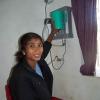
Straining Out the Dirt
Learners take on the role of environmental engineers as they design water filters.

Water Clean-up
Source Institutions
This is an activity (located on page 3 of the PDF under Water Clean-up Activity) about the use of reduction agents to decontaminate ground water.
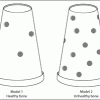
Space Stations: Bones of Contention
Source Institutions
In this activity, learners make models representing bones on Earth and bones that have been in space. They discover what happens to bones without proper exercise and nutrition.

Space Stations: Sponge Spool Spine
Source Institutions
In this activity, learners simulate what happens to a human spine in space by making Sponge Spool Spines (alternating sponge pieces and spools threaded on a pipe cleaner).
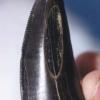
Fossils: Observing, Making and Learning
Source Institutions
In this activity, learners explore how casts of fossilized bones are created and used to learn about dinosaurs. Learners make observations, draw diagrams and share their findings.

Make a Dinosaur Model
Source Institutions
In this activity, learners explore dinosaur skeletons, anatomy, and locomotion. Learners compare and contrast dinosaur skeletons and drawings.
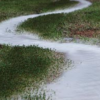
Stream Table
Source Institutions
In this activity, learners use aluminum trays and wooden blocks to form stream tables to investigate river formations in two different landscape scenarios.
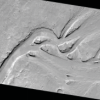
Mars from Above: Carving Channels
Source Institutions
In this activity, learners create channel features with flowing water, comparing their observations to real images of Mars and Earth taken by satellites/orbiters.
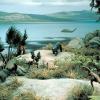
Dinosaur Homes
Source Institutions
In this activity about dinosaurs and survival, learners use scrap materials to create a miniature dinosaur habitat that includes a food source, water source, and shelter.
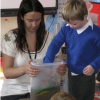
How We Know What The Dinosaurs Looked Like: How Fossils Were Formed
Source Institutions
In this activity (p.7-8 of PDF), learners examine fossil formation.
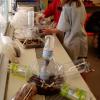
Biodomes Engineering Design Project
In this design-based activity, learners explore environments, ecosystems, energy flow and organism interactions by creating a model biodome. Learners become engineers who create model ecosystems.

Building a 3-D Space Maze: Escher Staircase
Source Institutions
In this activity (page 95 of the PDF), learners create Escher Staircase models similar to those that were used by Neurolab's Spatial Orientation Team to investigate the processing of information about
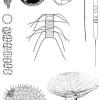
The Great Plankton Race
Source Institutions
In this activity, learners are challenged to design a planktonic organism that will neither float like a cork nor sink like a stone.
Building a Community From the Ground Up
Source Institutions
In this activity, a group of learners work collaboratively to design and construct a paper model showing the evolution of an environment through multiple stages, from prehistory through the modern cit
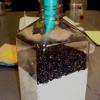
Earth Atmosphere Composition
Source Institutions
In this activity, learners use rice grains to model the composition of the atmosphere of the Earth today and in 1880. Learners assemble the model while measuring percentages.

Solar Water Heater
Learners work in teams to design and build solar water heating devices that mimic those used in residences to capture energy in the form of solar radiation and convert it to thermal energy.
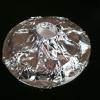
Mars from Above: Viewing Volcanoes
Source Institutions
In this activity, learners create volcanoes like those they have examined on Earth and Mars through images taken by spacecraft.
